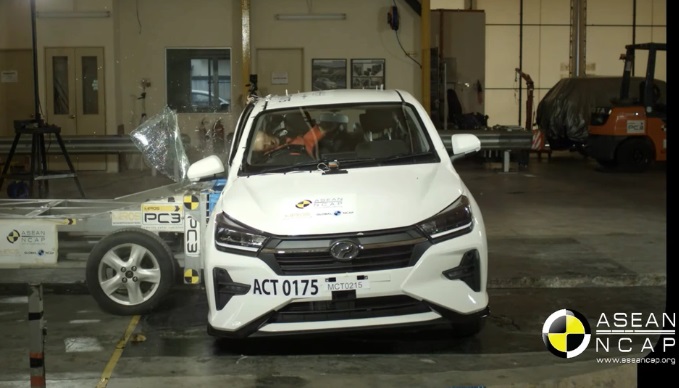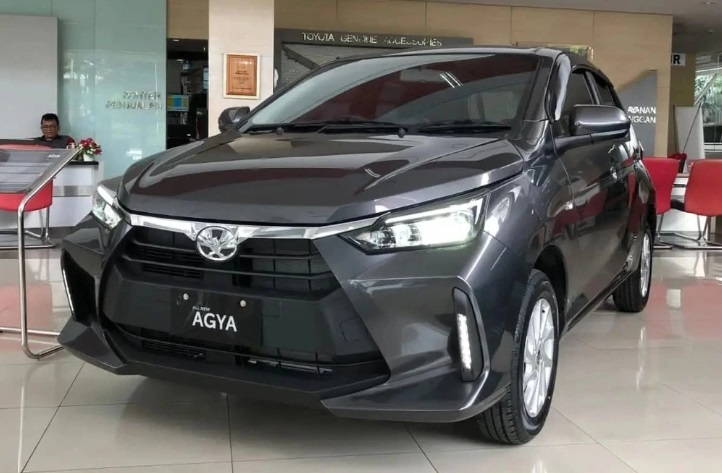Recently, Daihatsu, a subsidiary of Toyota, has temporarily halted its distribution activities in both domestic and international markets following the revelation of a safety testing scandal affecting the majority of the company’s car models.
Last May, a complaint was filed alleging that Daihatsu had manipulated side collision safety test results.
In particular, the company was found to be in violation of UN R135 crash test regulations for its Toyota Raize hybrid and Daihatsu Rocky hybrid models.
Under the regulations, manufacturers are required to conduct crash tests on both the left and right sides of the vehicle and provide the test data for each side separately. However, Daihatsu only conducted the test on the driver’s side (left side) and presented the combined results for both sides.
As a result, a total of 78,440 vehicles, including 56,111 Raize hybrids and 22,329 Rocky hybrids, were affected by the manipulation scandal and temporarily suspended from sales in Japan.
Following the exposure of the incident, Daihatsu conducted internal crash tests on the Toyota Raize HEV and Daihatsu Rocky HEV models at the Shiga Technical Center in Japan.
The subsequent testing process confirmed the safety of both models. However, they have yet to be reintroduced to the Japanese market.
Further investigations conducted by the authorities uncovered additional irregularities across 174 points in 25 different test categories.
Currently, a total of 64 vehicle models have been affected, including 22 sold under the Toyota brand, as well as a few under Mazda and Subaru.
In response, Daihatsu has issued an apology to its customers and shareholders and announced significant organizational reforms in collaboration with Toyota to ensure compliance with regulations.
Toyota also announced the suspension of sales for the affected vehicles and extended apologies to its customers for the oversight concerning its subsidiary, Daihatsu.
TH (Tuoitrethudo)














































